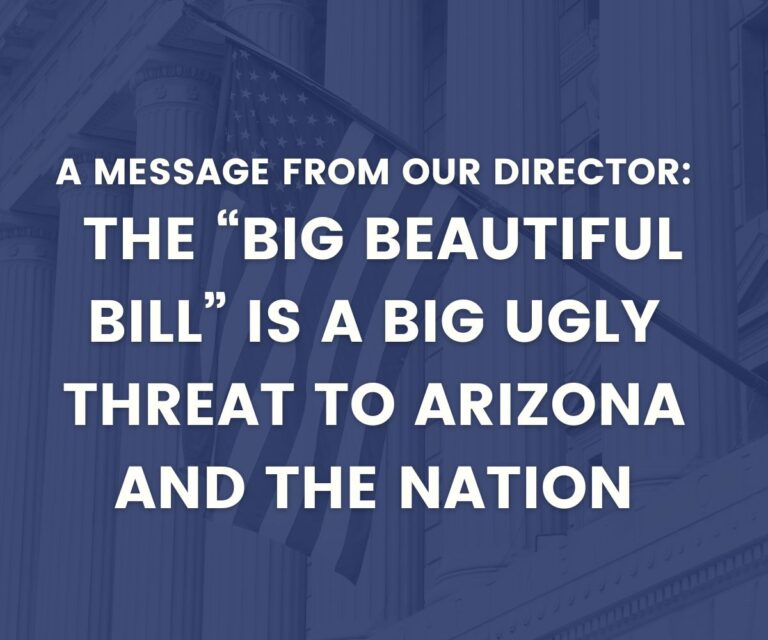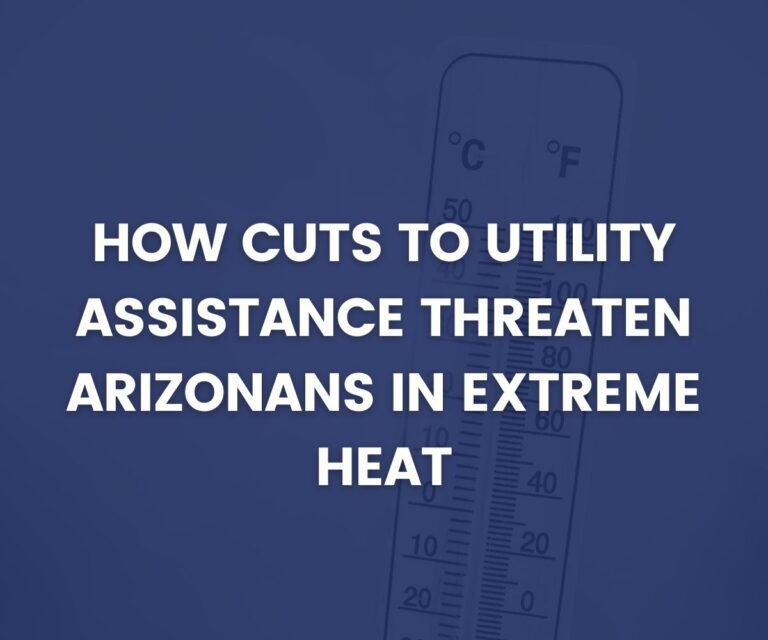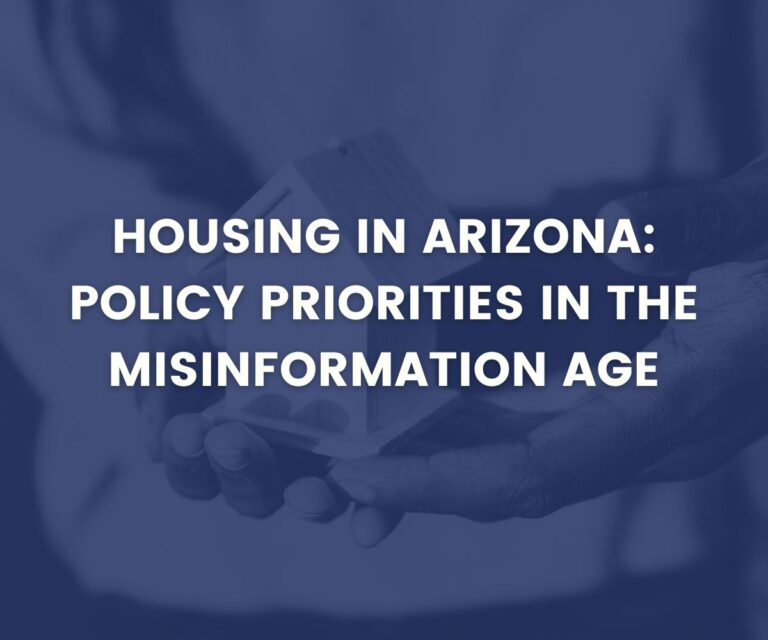
Tax dollars from the Cardinals should be funding Arizonans
The prospect of having Kyler Murray, DeAndre Hopkins, and Larry Fitzgerald on the same offense combined with some strong off-season additions to the defense has many Arizona Cardinals’ fans excited for this week’s kick-off of the NFL season. Arizona Cardinals players will earn an estimated $211 million in total combined salaries for the 2020 season. The team’s five highest paid players will have an average annual salary of $14.3 million. Like all Arizona residents, these players will pay Arizona income taxes on those salaries. According to the Arizona Department of Revenue, Arizona Cardinals’ players, coaches and others employed by the team paid $10 million in state income taxes in fiscal year 2019. Many current and former Arizona Cardinals’ players have been strong supporters of Arizona’s public schools. However, unless they are familiar with tax policy, they likely have no idea that their state income tax dollars are not being used to support our schools or other public services. Unlike the state income taxes that the rest of Arizonans pay, the income tax revenue collected from NFL players in Arizona does not go into the state’s general fund. Instead, since 2000 the state income tax revenue generated by the Arizona Cardinals’ organization has been diverted from the state’s general fund to pay for the debt on the Cardinals’ stadium in Glendale.
In 1999, when the Arizona Cardinals were seeking a new stadium, the Arizona legislature created the Tourism and Sports Authority to oversee the financing and construction of the new Cardinals’ stadium. Among other funding sources, the law directs the Arizona Department of Revenue to calculate all state income tax revenue collected from the taxable income of Arizona Cardinals’ players, coaches and others employed by the team and divert those revenues to the Tourism and Sports Authority to assist in paying the bond debt on the new stadium. Since enactment in 2000, more than $112 million in income tax revenue from the Arizona Cardinals has been diverted away from the general fund. (Arizona State Treasurer’s Office)
Meanwhile, Arizona’s public schools are feeling the impacts of more than two decades of disinvestments. No state in the country cut more from public education funding between 2008 and 2014 than Arizona. Many of those cuts have never been restored and Arizona currently stands 48th in the nation in per-pupil funding. It is reflected in one of the worst teacher shortage crisis, outdated textbooks and technology, and some of the largest class sizes in the nation.
Siphoning income tax revenue collected from professional football players to pay for their stadium Is one of many Arizona tax policies that divert revenue away from the state’s general fund resulting in less money to invest in education and other priorities. For example, Arizona has dozens of tax credits that cost Arizona’s general fund more than $661 million last year and are growing fast.
The Invest in Education ballot initiative (Proposition 208) will generate an estimated $940 million in new, annual revenue for public schools by establishing a 3.5% surcharge on taxable income in excess of $250,000 per year (single filers) or in excess of $500,000 (married filers).
This new revenue will be transformational for our public schools by allowing them to increase teacher salaries, reduce class sizes by hiring more teachers, and increase pay and hiring for other school staff like classroom aides, counselors, school nurses, cafeteria workers, and bus drivers. The new funding will also be used for career and technical education and mentoring programs for new teachers. Importantly, this revenue from the ballot initiative cannot be intercepted by the legislature nor fumbled away for any other uses. Like the Cardinals’ offense in 2020, Proposition 208 will produce plenty of touchdowns for Arizona’s public schools and the economy.



